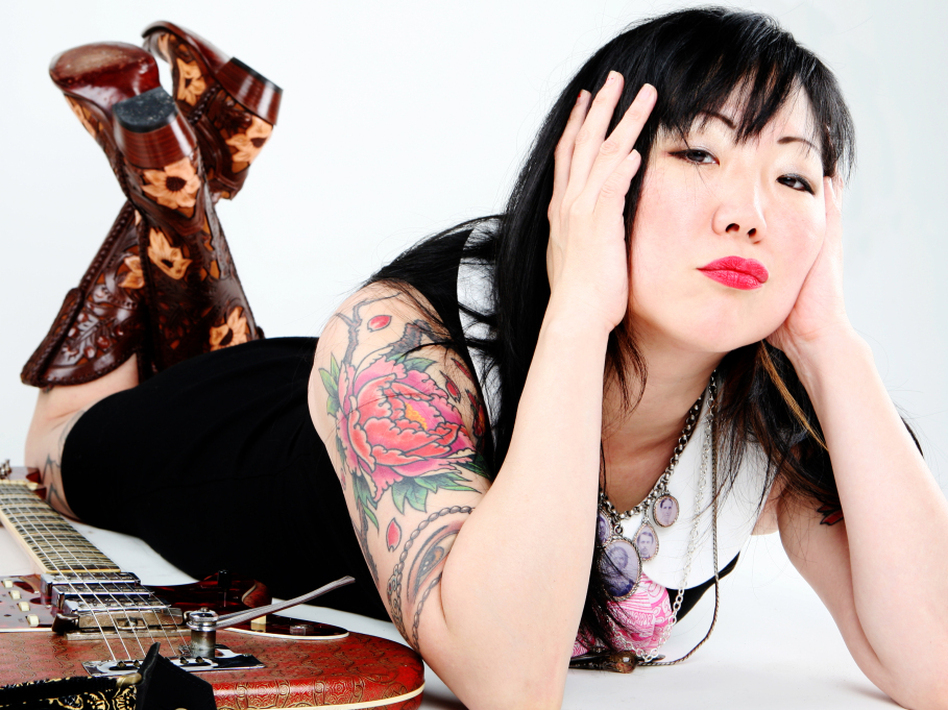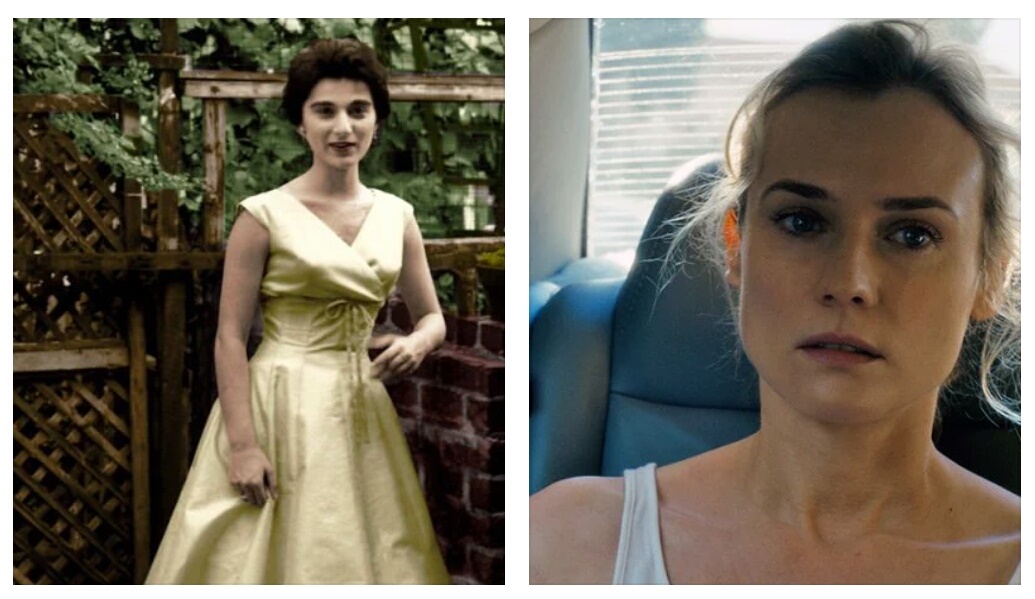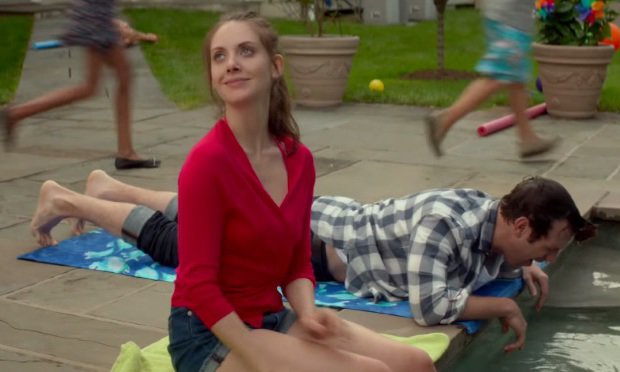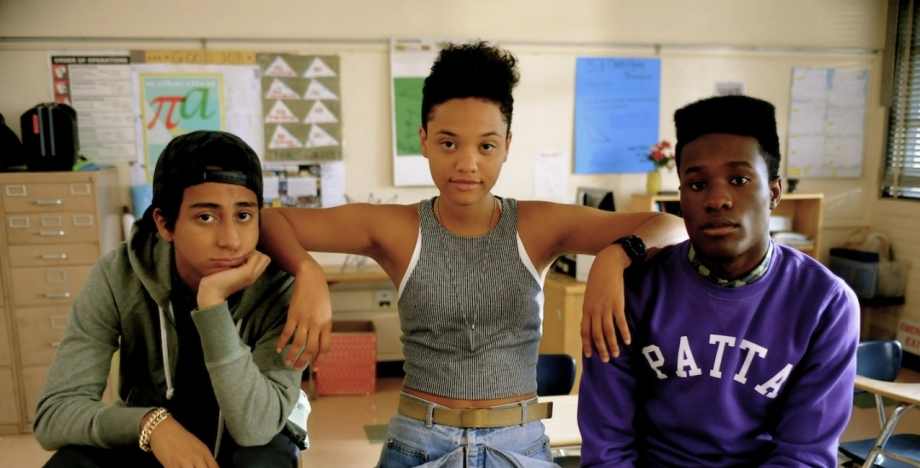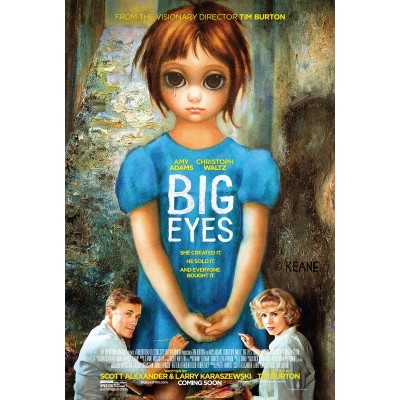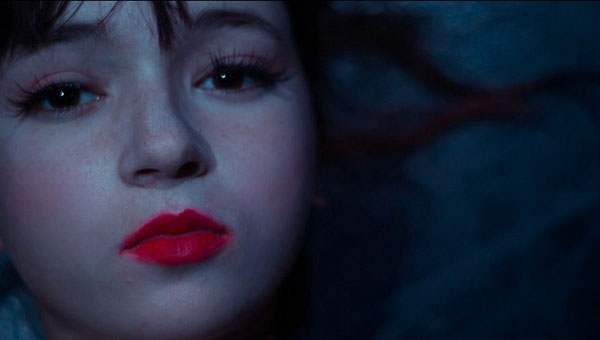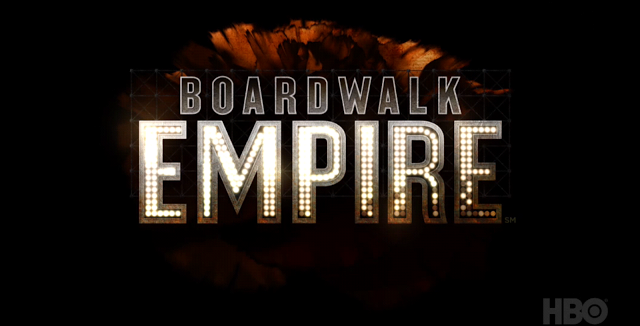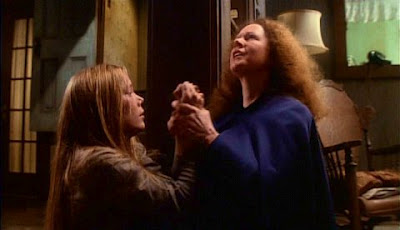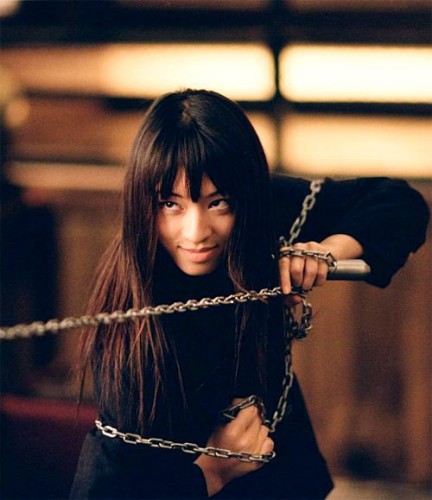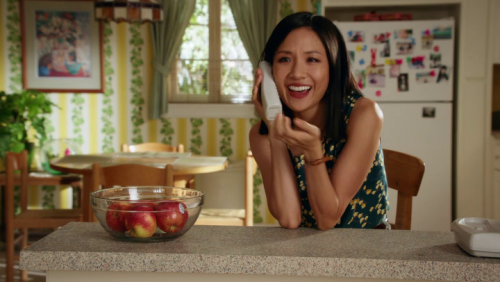Margaret Cho: On Topping Trans* Queer Political Correctness
Let me begin by saying I’m queer-identified. I have trans* family, but it’s impossible for me to speak for trans* people of experience. I can share concepts, however. Too, my general line of thought in terms of sexuality, gender identity or personhood is that no matter how often your definition changes, you “are” what you tell me that you are.
